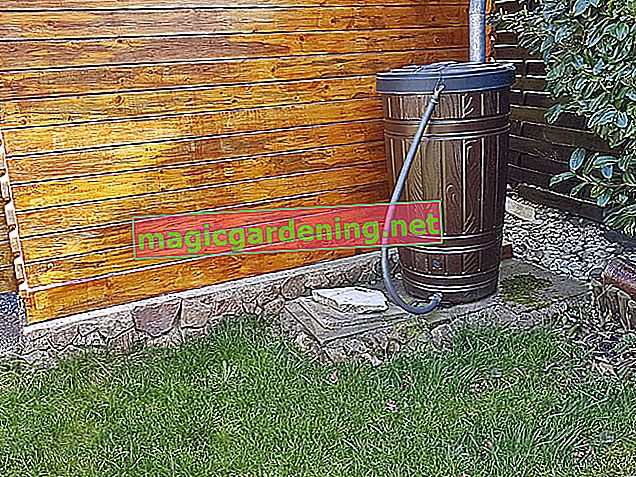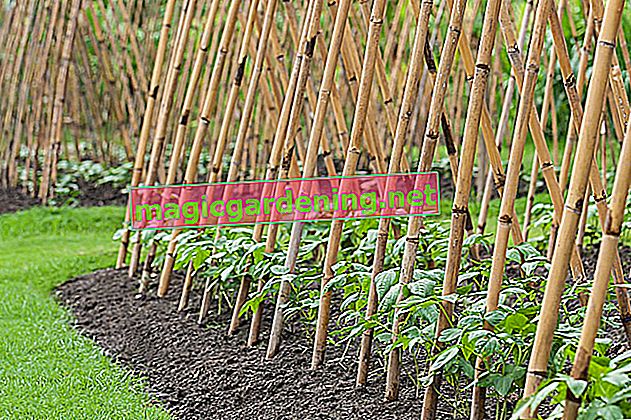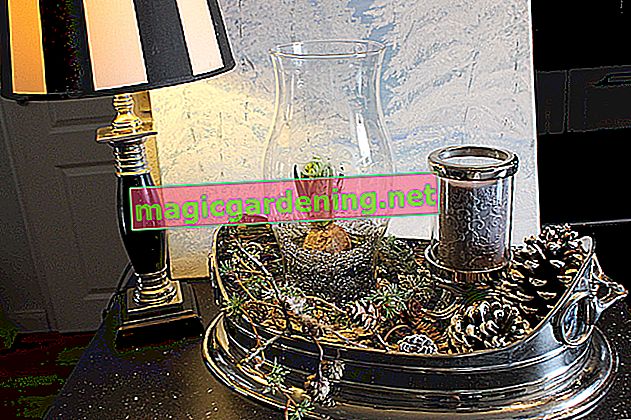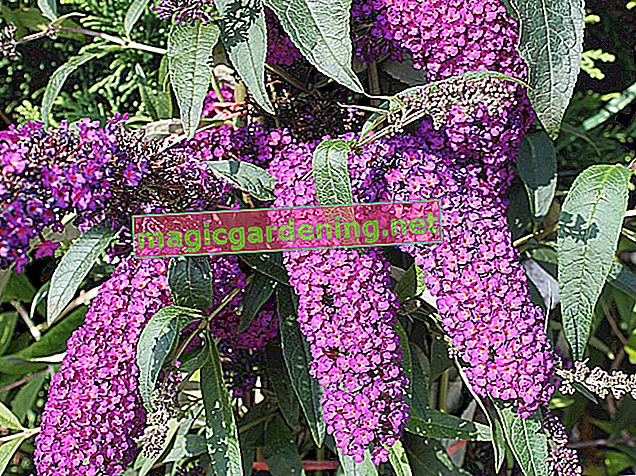
How should mountain mint be watered?
Mountain mint prefers dry soil. Once at home in the garden, she can do without watering for weeks. However, if the leaves droop, you should water the perennial properly. But avoid waterlogging!
also read
- The mountain mint loves a sunny location
- The coral bush needs little maintenance
- The wild mallow needs little care
The mountain mint needs more water in the bucket. Water sparingly and make sure that excess water can run off.
Does mountain mint need fertilizer regularly?
The aromatic herb gets by with few nutrients. In the open field, it is sufficient if you carefully rake some ripe compost or horn shavings (€ 6.39 at Amazon *) into the ground around the plant in spring.
With care in the bucket, you can do without any fertilizer if you repot the mountain mint in fresh garden soil in spring.
Does mountain mint need to be cut?
Cut the mountain mint close to the ground in autumn. It will sprout reliably again in the next year.
Pruning after flowering stimulates a second flowering period. In addition, the seed formation and thus the spread of the mountain mint can be somewhat contained.
Can mountain mint be transplanted or repotted?
- Transplant in spring
- better still cut off runners and set again
- Repot potted plants in spring
What diseases and pests to watch out for?
As with all strongly fragrant plants, diseases and pests almost never occur.
Mountain mint just cannot cope with too moist soils and quickly dies when it is waterlogged.
Is mountain mint hardy?
Although the aromatic herb is native to the Mediterranean region, it does not need winter protection once it has grown properly in the garden.
You should only spread a mulch of leaves over the plant in the first year after planting. Put mountain mint in a protected location in the bucket in winter.
Tips
Mountain mint needs a full sun. The perennial, which only grows up to 60 centimeters high, goes particularly well with roses, in the perennial bed or in the cottage garden. The herb, which smells of peppermint, should also not be missing in scented gardens.








